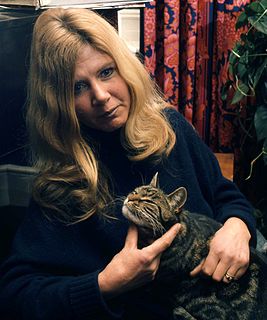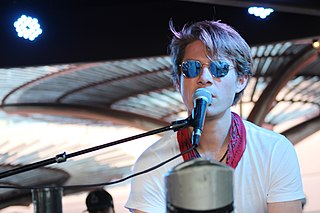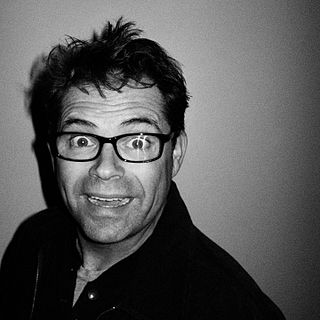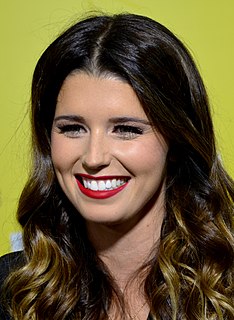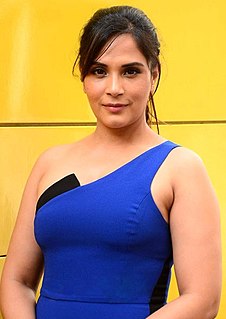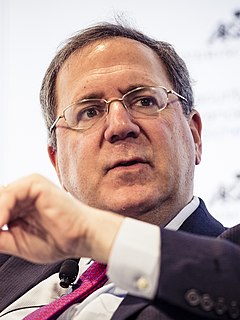A Quote by Jilly Cooper
I wrote my earliest piece for The Sunday Times about being a young wife.
Related Quotes
I took to writing as my medicine to help me stay afloat in acting career journey. I wrote about me breaking hearts, and my heart being broken. I wrote about my views whether they were liberal or conservative. I wrote about everything. I wrote about my life. When I did not have paper coming in as green backs, I'd use random pieces of paper for stories. It was like, I got no money, but I have paper to write. So I wrote.
The one that sticks out in my mind and has all along was the New York Times piece on Melania Trump.Calling her a mannequin and a trophy wife, which if anybody had ever said that about any - Michelle Obama was a lawyer. But Melania Trump has been a successful businesswoman. She speaks several languages. A mannequin and a trophy wife and it was just - fine, they were allowed to say that about her.
There is an amazing feminist writer called Lindy West; she wrote a very nice piece for The New York Times. She wrote about Woody Allen, saying if we can't go after your work or your career, we will go after your legacy. You will never be remembered the same way. I think a lot of women will have to take solace in that.
